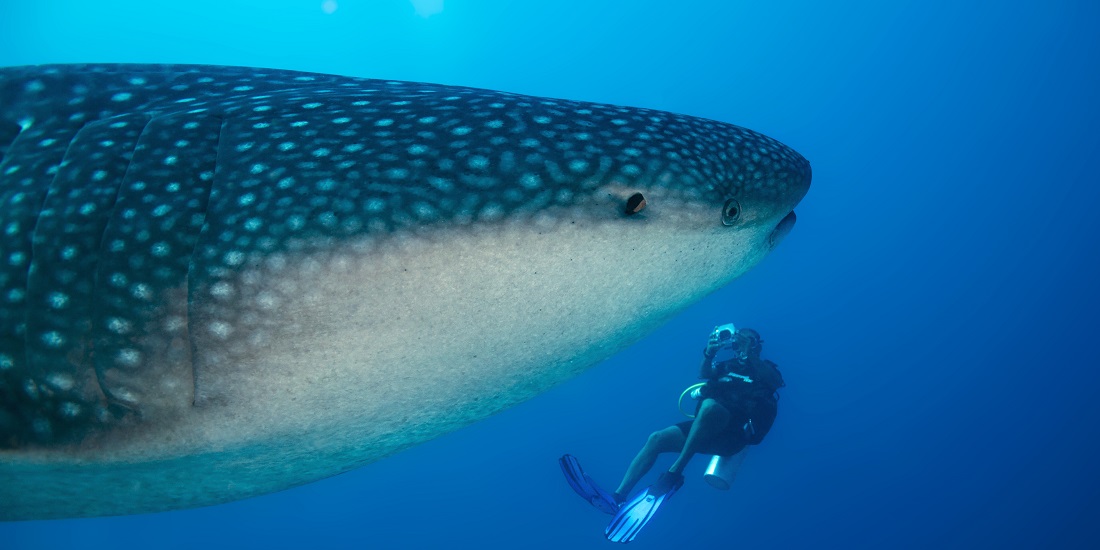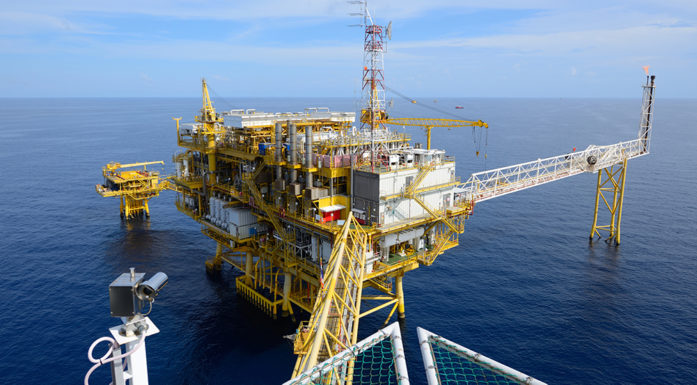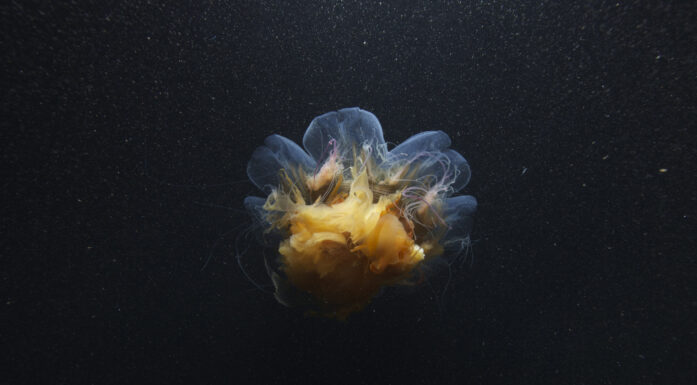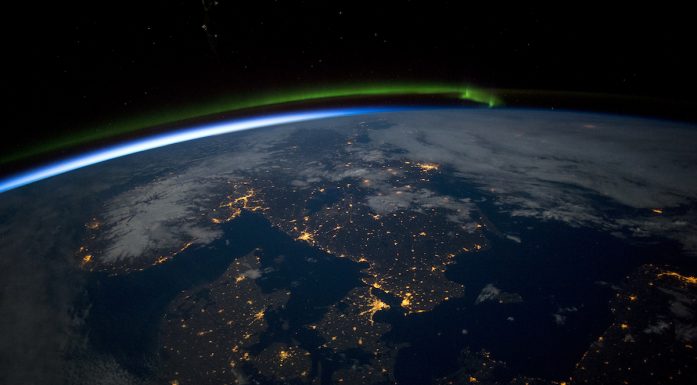The New Atlantis – more and more of the world is underwater
Most of our planet is underwater – and steadily more will be underwater in the years to come. What do we really know about the underwater world?
In 1627, a year after Francis Bacon’s death, his work “The New Atlantis” was published. The work describes a highly civilized society where rationality and science prevail, and where all inventions and discoveries are used for the common good of people.
Bacon’s utopia refers to the ancient Greek myth of the magnificent island state of Atlantis, which sinks and disappears into the sea because the insatiable materialism of those who live on the island eventually invokes the wrath of the gods.
The stories about Atlantis are therefore both about people’s thirst for knowledge and about our greed. Are we able to balance these basic driving forces when we explore the underwater world? What is needed for the mapping of the sea that we are now undertaking to benefit the sea and the people?
Large parts of the planet unknown
Lack of data has so far placed significant limitations on our understanding of the ocean and how it is affected by human activity. Scientists estimate that we have mapped 20 percent of the ocean space, and of this, only five percent has been properly explored.
Large parts of our planet are thus completely unknown to us.
We are now in the midst of a technological revolution when it comes to the collection and processing of ocean data, and there are strong research and business policy guidelines for this data to be shared openly. The ocean data revolution provides great opportunities for building much-needed knowledge about the ocean, which in the next phase can provide the basis for sustainable blue resource management.
But it also comes with technological, security and ethical challenges. This is the theme of this year’s Ocean Week.
The ocean is under huge development pressure
The technological challenges are about the physical framework conditions in the sea, which make energy storage and access, communication and navigation difficult. There is no good equivalent to wifi, 5G and GPS underwater, but despite the fact that it is slower than on land, we are now seeing great progress when it comes to solving the challenges of data collection in the sea.
We see a rapid development in terms of the kind of measurements that can be made in the marine environment. New sensor systems are smaller and can be attached to platforms and small vessels. It ensures lower costs, increased performance and increased data availability. The development of new observation systems and microelectronics makes it possible to measure directly, for example, blooms of toxic algae, and to monitor pollution and human activity such as aquaculture and fisheries to a greater extent than before. Norway, with the Trondheim environment at the forefront, is a world leader in the development of autonomous vessels at sea.
Sabotage showed the vulnerability
We were given a striking reminder of security challenges in connection with the sabotage of the Nord Stream pipelines in September last year and the subsequent speculation about what had happened and who was behind it.
The incident reminded us of how vulnerable our digital infrastructure is, and that we may not have thought through enough how to secure these structures on which we are completely dependent.
The Norwegian coast guard is now being equipped with advanced underwater drones developed by Blueye Robotics, a supplier that has sprung from the research environment at NTNU. Together with aircraft drones, among other things, these vessels will help us look after our vast sea areas.
Help and threat at the same time
But the same technology that helps us be safe can also be a threat to our security if it is controlled by hostile forces. For example, how should we balance the sharing of technology and data for good climate and environmental monitoring and the need to protect our coastal areas, in a world where war is suddenly not something that only takes place on the other side of the earth?
There are also ethical challenges in the ocean data revolution. These challenges are both about who controls the data and about who controls what is measured.
The first challenge must be met with the safeguarding of data that is essentially freely accessible and usable by everyone, unless there are strong security, property or other considerations that dictate otherwise.
The second challenge is more difficult. It is about the fact that it is often those who already hold power and resources who set the tone when it comes to managing the development of technology, including what is measured and how. It is therefore important to point out what data cannot tell us. For example, the value of a rare type of rur, or the feeling of taking a few swims in the Trondheimsfjord on a quiet May morning.
- You might also like: We know more about the moon than the ocean floor
Ethical challenges facing the ocean are important
A concrete example of the ethical challenges we face is the question of whether the Norwegian continental shelf should be opened for exploration for –and in the long term extraction of – seabed minerals, as the government is now proposing.
Minerals play an important role in society’s transition to green technolgies. Demand for minerals is increasing because we need them to build windmills, and there may be a geopolitical point in being more self-sufficient with these important raw materials.
At the same time, mining the seabed will have major environmental consequences in areas about which we currently have very little knowledge. How should we proceed in a responsible manner?
These questions are too important to be left to technologists and governments. The rest of us should not sit passively and wait for new knowledge about the seabed, but sign up, be an active part of shaping the questions that are asked about what data is relevant and how this should be collected and shared.
This viewpoint was first published in Adresseavisen on 28 April 2023.





